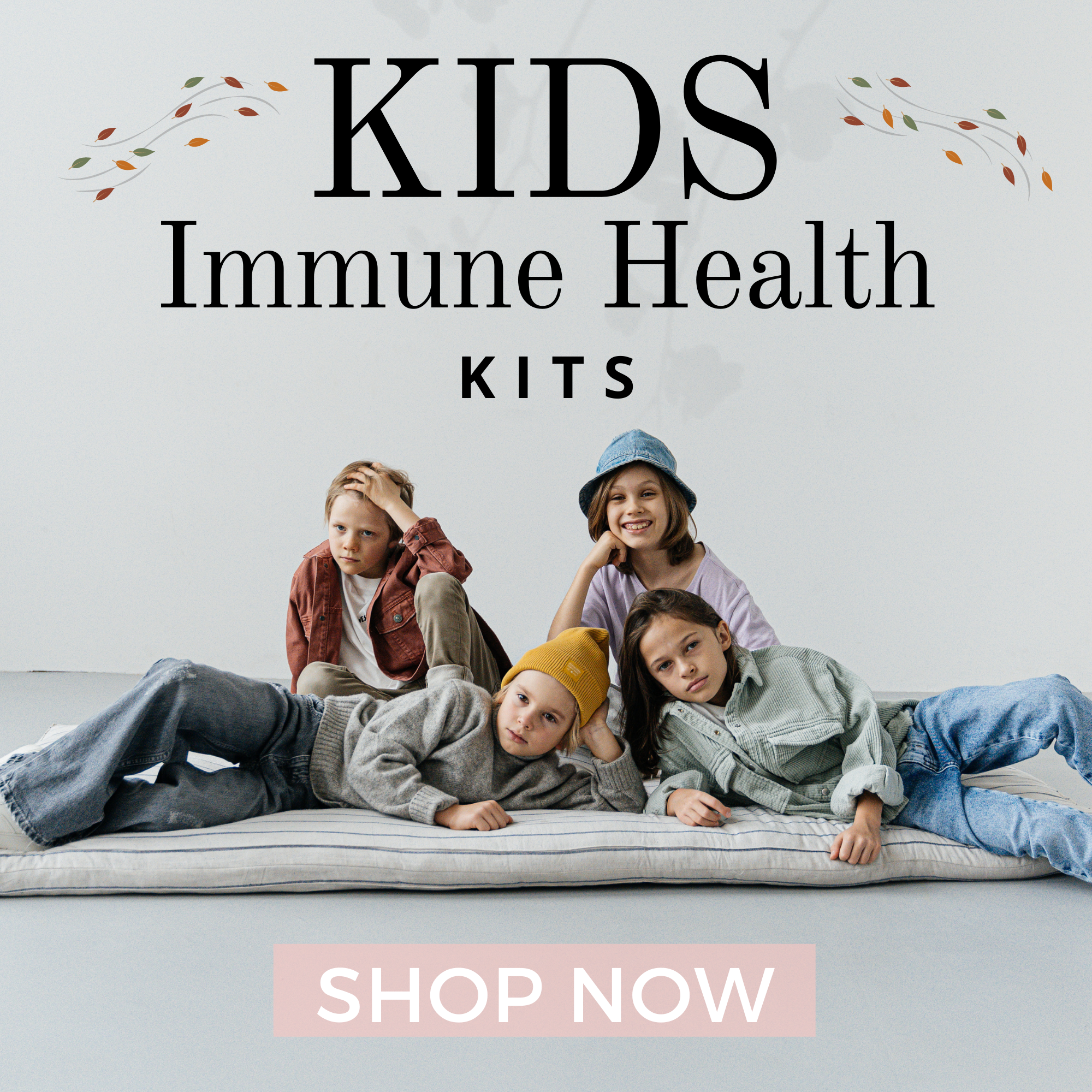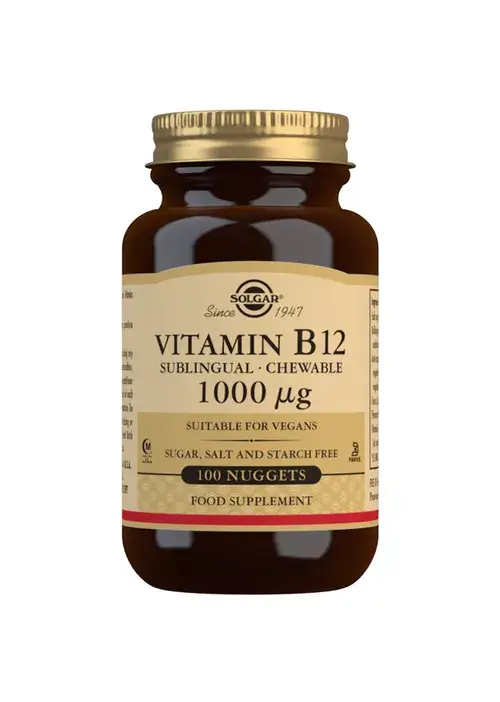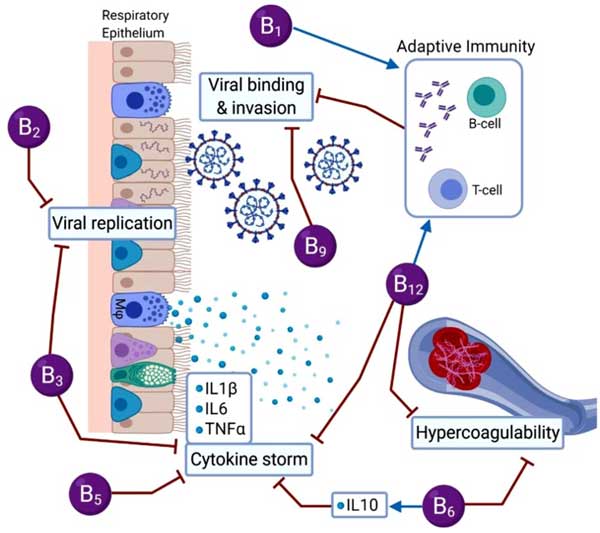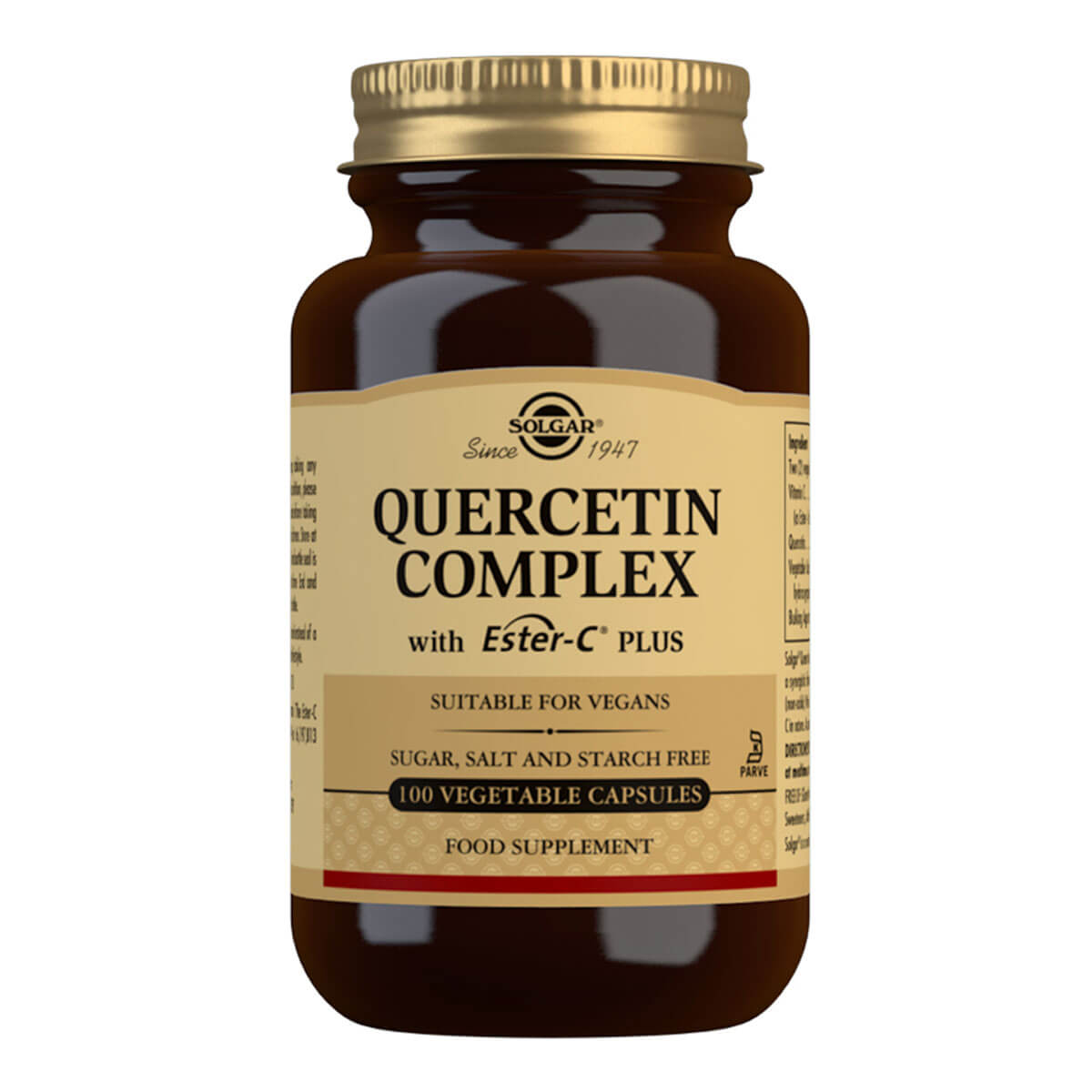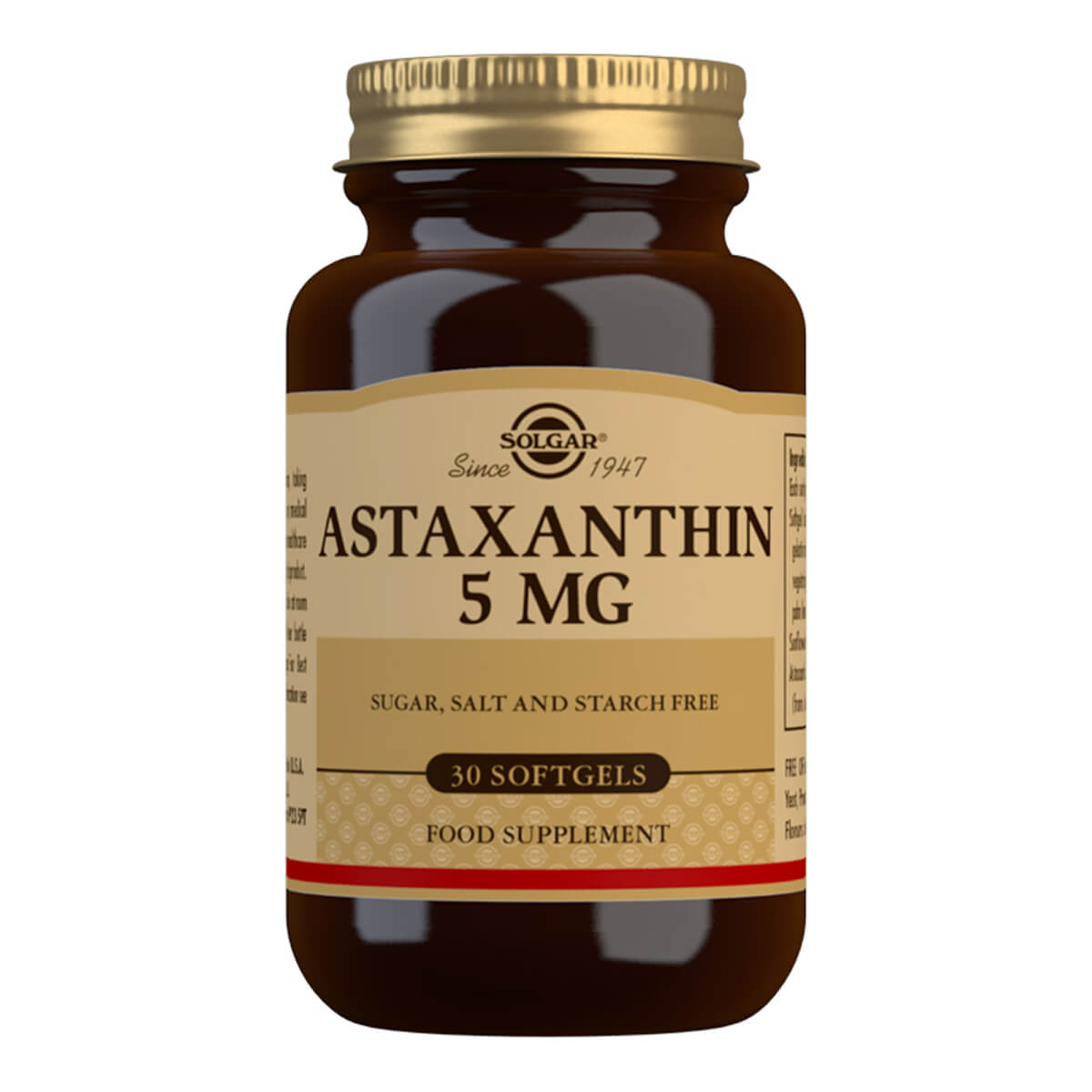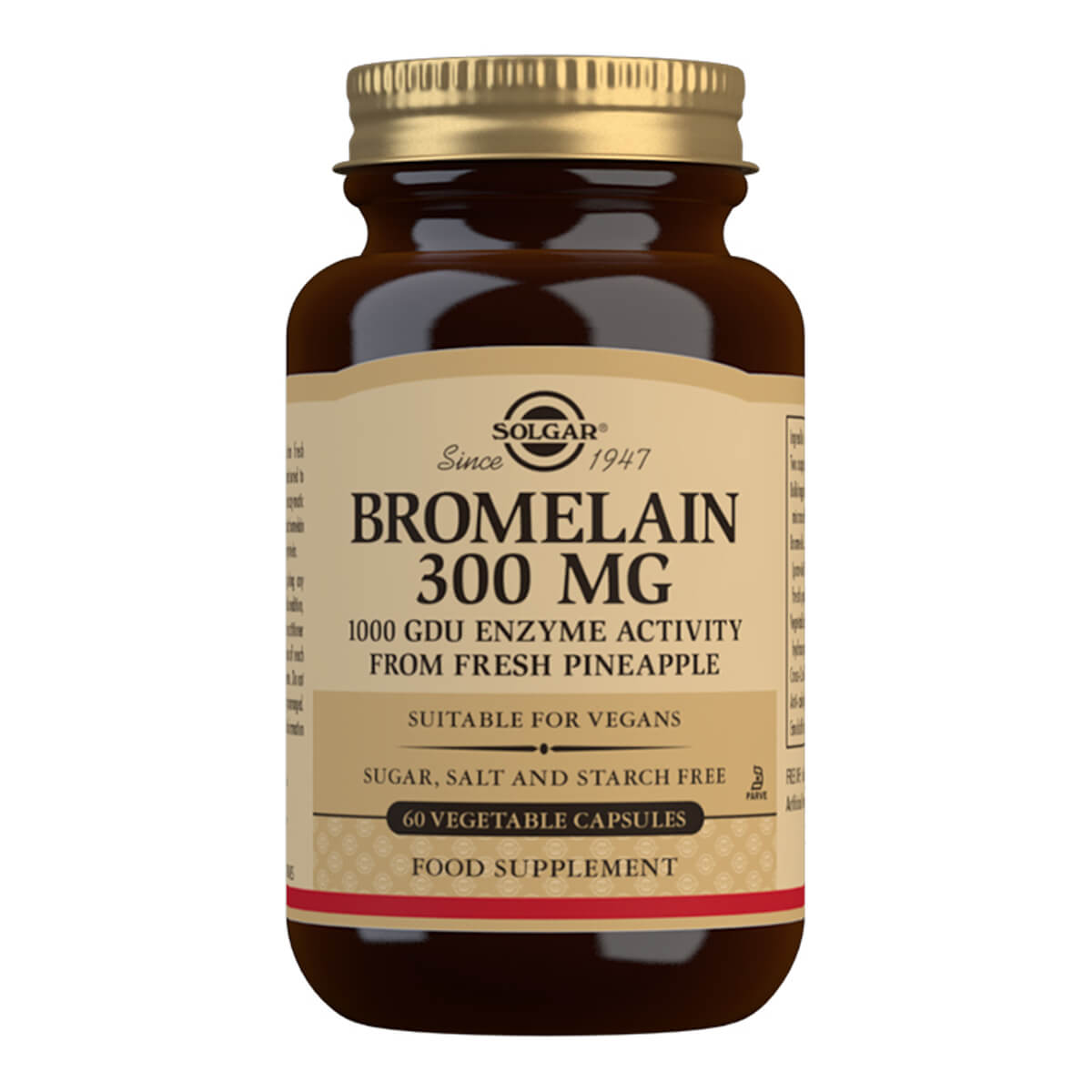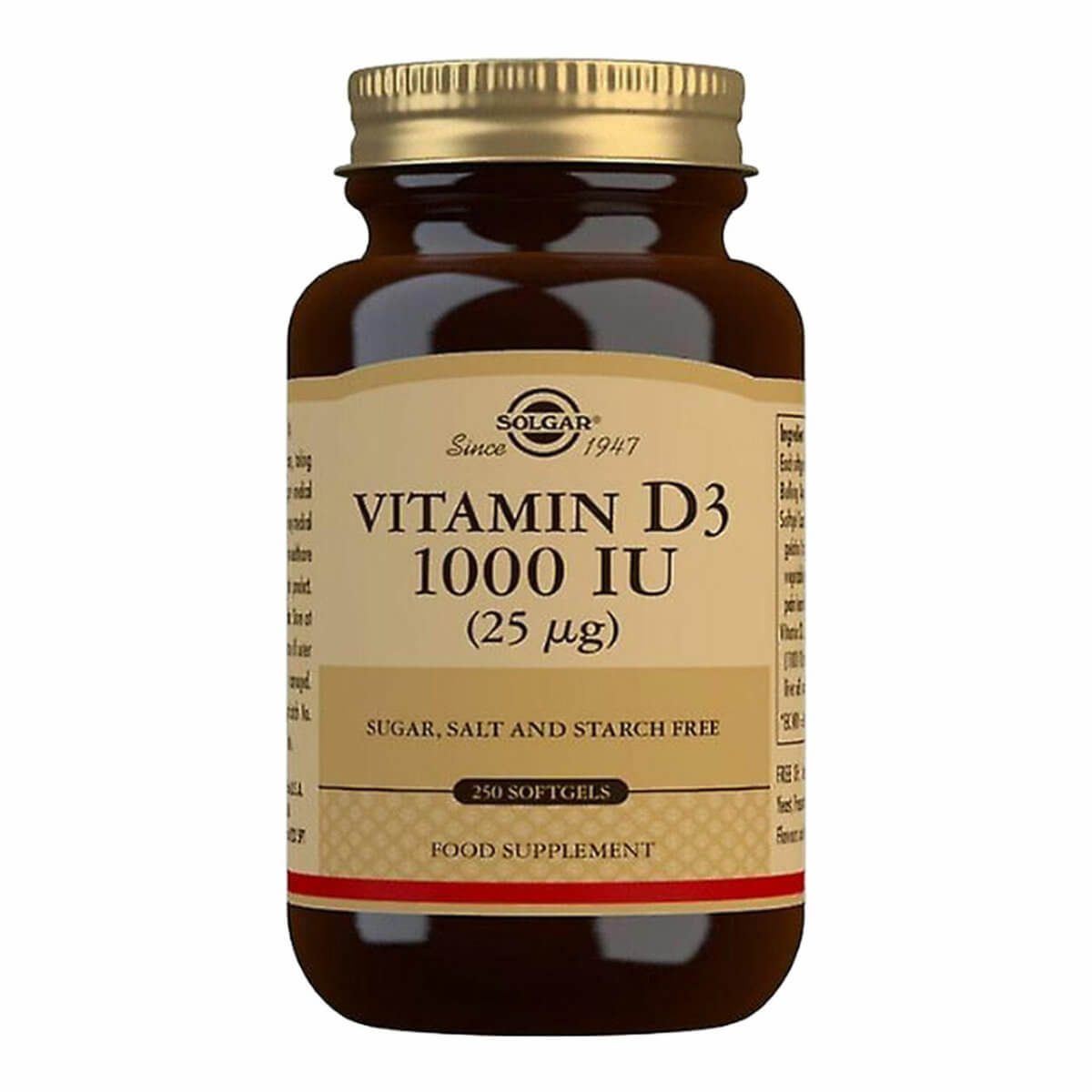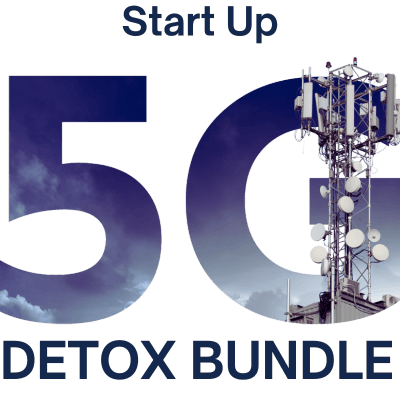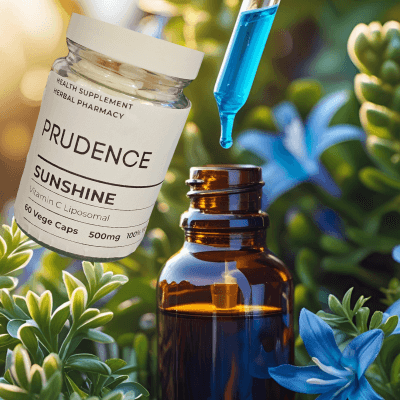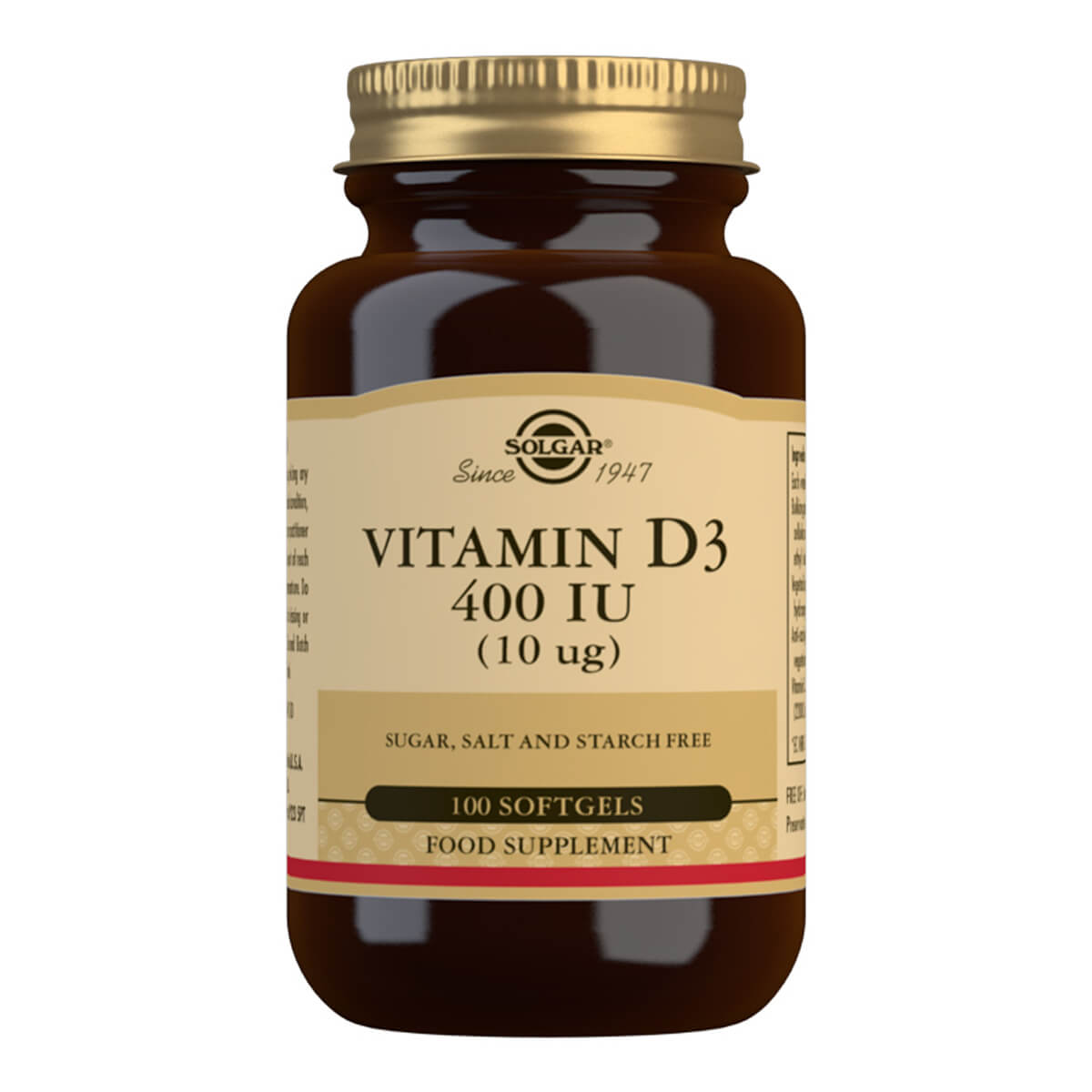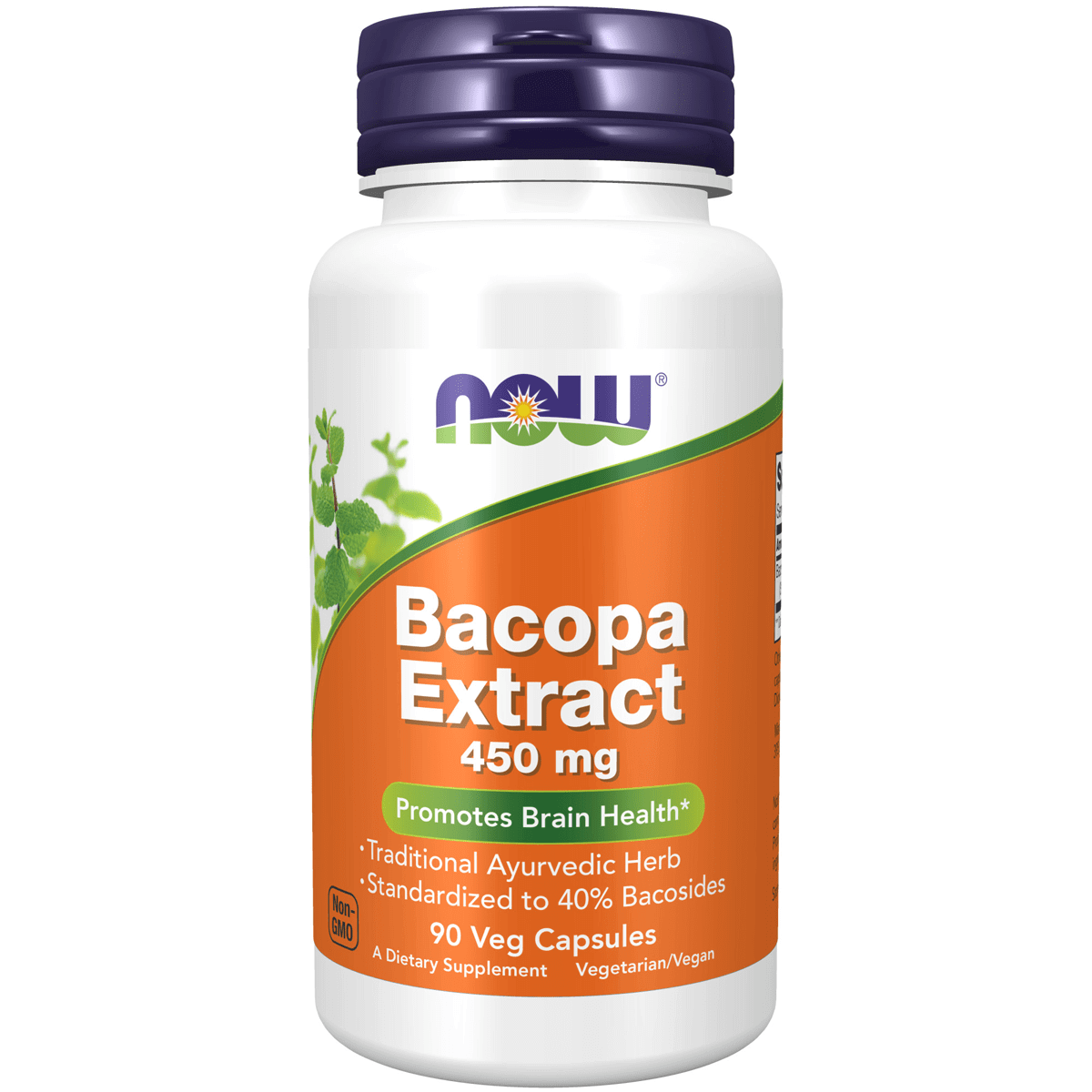Want to know More?
Details
Vitamin B12 also known as cyanocobalamin is the only vitamin containing cobalt, a trace mineral that is necessary for the formation of red blood cells, it also plays a number of different roles in the body such as reducing tiredness and assisting in the release of energy from foods.
Vitamin B12 (cobalamin) is required for healthy nerve function and the synthesis of red blood cells and DNA. A deficiency in B12 increases inflammation and oxidative stress by raising homocysteine. High homocysteine, in turn, is associated with cardiovascular disease and decreased immune response. Vitamins B6, B9 (folate) and B12 break down homocysteine.1
B12 deficiency is also associated with many other physical, neurological and psychological symptoms, including migraines,2 certain respiratory disorders, depression and memory loss.3 Surprisingly, recent research4 suggests it may also be a key player in cellular regeneration.
B12 Is the Limiting Factor for Methylation
The reason B12 is so important in tissue regeneration has to do with its role in methylation. Methylation is one of several mechanisms cells use to control gene expression. When there’s damage to cells or tissues — whether due to injury, age, trauma or disease — reparative gene expression programs kick in to replace the damaged tissues.7
The DNA in the cells that need to be repaired require high levels of methylation, and B12, it turns out, is the limiting factor for methylation. Hence, you need high amounts of B12. If you don’t have enough, many genes end up not working properly, hence tissue regeneration is hampered as well. Co-lead author Marta Kovatcheva, Ph.D., explained it this way:8
“B12 is involved in just two metabolic reactions in mammals — including mice and humans — and one of these reactions is critical to [producing] a chemical tag, more technically [known as] ‘a methyl donor.’
This chemical group is used to ‘tag’ many regulatory proteins of the DNA and the DNA itself, and in doing so, the activity of the DNA is modified — the DNA is ‘reprogrammed.’ This ‘tagging’ is very complex and dynamic and, although not yet fully understood, it is key for determining the behavior of cells, including their ability to repair or regenerate tissue.
During critical periods, such as upon injury, cells require massive amounts of the ‘methyl tag’ and therefore B12 … so much so that despite a normal healthy diet, mice undergoing reprogramming suffer partial B12 deficiency. Supplementation with B12 facilitates reprogramming and tissue repair — it occurs faster and more widespread.
There are diseases that could also benefit, such as colon ulcers. In theory, every disease that involves an active process of injury could benefit from this.”
Research published in 2022 also found that vitamin B12, applied topically, can be helpful in the treatment of radiodermatitis, i.e., skin damaged by radiotherapy used in cancer treatment.
Ingredients
Supplement Facts
How to Use
1 nugget daily or as directed by a healthcare practitioner.
WARNING: excessive consumption may produce laxative effects. if you are pregnant, nursing, taking any medications, or have any medical condition, please consult your medical practitioner before taking this product.
keep out of reach of childen.
store at room temperature.
What our Health Participants (Clients) Say
I’m 58 and just started B12 1000. I didn’t know this was a practitioner range only. Just one a day under my tongue gives the boost I need.
Let's Reset Your Immune System
Immune Health Kits For Kids
Our Children’s health is more important than ever, talk with us and get you on the right track with your Family’s Health.
